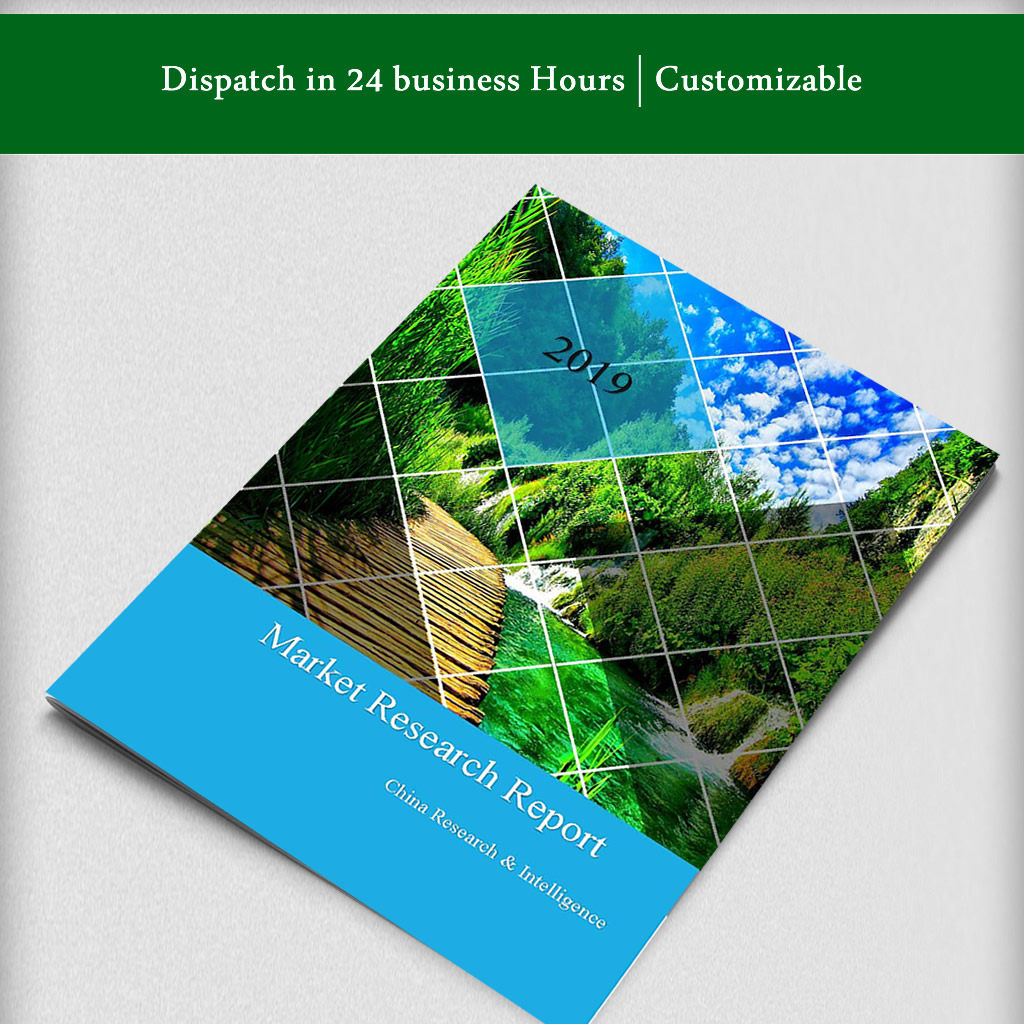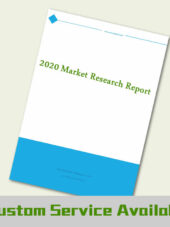Description
E-commerce is a crucial segment of the current retail market in India. It is estimated that between 2018 and 2023, the value of the Indian e-commerce market will increase at a compound annual growth rate (CAGR) of ~41%, from INR 2,375.43 Bn in 2017. The growing number of Internet users and continuously increasing purchasing power are the primary driving forces for the growth of the e-commerce market in India. As of 2017, the Indian e-commerce market was dominated by the online travel segment (~49.59%), followed by that of retail, financial services, and online classifieds market, among others.
Online travel segment insights:
The online travel segment is expected to expand at a CAGR of ~21% during the 2018-2023 period, and will reach a value of INR 3,563.66 Bn by the end of 2023. In India, the increasing use of smartphones is one of the major factors leading to the higher number of hotel and ticket bookings through online portals and applications. Among the different online travel portals, MakeMyTrip is the most significant player, with a market share of ~31%, primarily due to its high penetration rate, large number of partnerships with global hotel chains, and attractive discount offers. The other major players of the segment are Goibibo, IRCTC, Clear Trip, and Yatra.
Online retail segment insights:
The increased penetration of Internet-enabled devices, focus on advertising, ease of online shopping, innovative payment options, cashbacks and discount offers, and rapidly changing customer needs are the major growth drivers of the online retail market in India. As of 2018, the electronics sector had the largest share (~48%) within the online retail market, owing to the facility of being able to compare the features of products manufactured by different companies, on a single platform. Apart from electronics, the apparels sector has a considerable share in the online retail market of the country.
Online financial services segment insights:
The online financial services segment is expected to expand at a CAGR of ~59% during the 2018- 2023 period, and will reach a value of INR 1,057.37 Bn by the end of 2023. Advancements in the banking, financial services and insurance (BFSI) sector in India have propelled the use of digital financial services in the country. Oxigen and Paytm are two notable online financial services companies that are currently operating in India.
Online classifieds segment insights:
The online classifieds segment is expected to expand at a CAGR of ~39% during the 2018-2023 period, and will reach a value of INR 141.58 Bn by the end of 2023. Consumers who are Internet savvy are increasingly using online classifieds, since they are more convenient in terms of search functionalities and find the desired results with regard to jobs, real estate, etc. Quikr, Sulekha, Just Dial, OLX, and Click India are some of the leading digital classifieds websites in India.
Key growth drivers of the market:
o The affordability of hardware such as laptops, netbooks, desktop PCs and ‘Smart’ handheld devices, coupled with rising Internet adoption, especially in Tier-I and Tier-II cities, are aiding the growth of the Indian e-commerce market. Also, the rapid growth of smartphone usage is giving improved access to virtual shopping and e-tailing websites to the tech-savvy generation, thus driving business for the e-commerce market in India.
o India’s per capita income is expected to reach INR 91.92 Mn in 2018-2019, expanding at a rate of ~6.1% from its 2017-2018 value of INR 86.66 Mn. This rise in income has brought about changes in the buying and spending patterns of customers. Changes in demand, along with the popularity of online markets will lead to the growth of the e-commerce market in India.
Key deterrents to the growth of the market:
o Despite having a host of genuine buyers, false or spam orders are a prominent logistical hindrance for e-commerce businesses. Out of the total losses incurred by e-commerce companies in India, false orders account for ~4% on an average. The trend has been observed mainly in Tier II or Tier III cities, where people exhibit a desire to make purchases when they see something online, but eventually cancel the order owing to miscellaneous reasons. Eventually, the sales volume of the e-commerce market diminishes.
o In the Indian market, different types of discounts and price wars put e-commerce companies under severe pressure in competitive situations. Often, companies fail to provide the discounts that customers want, which creates an unfavorable impression for buyers. In response, customers switch to other e-commerce platforms or even offline stores that have similar products at more affordable prices. This, in turn, hampers the growth of the market and the players operating in it.
Market trends:
o A retailer always gets the attention of its target segment through its private label. Both offline retail stores and e-commerce players have started introducing their in-house brands to build strong customer bases.
o Though the electronics sector has the largest share of the e-retail market segment in India, Indian customers are also showing interest in buying other products from online platforms. As a result, it has become a trend among market players to engage in product augmentation, so that customers’ additional demands can be met.
Companies covered:
o Amazon Seller Services Private Limited
o Flipkart Internet Private Limited
o Infoedge (India) Limited
o Jasper Infotech Private Limited
o MakeMyTrip (India) Private Limited
o Paytm E-commerce Private Limited
o People Interactive (India) Private Limited
o Supermarket Grocery Supplies Private Limited
o Thomas Cook (India) Limited
o Trendsutra Platform Services Private Limited



